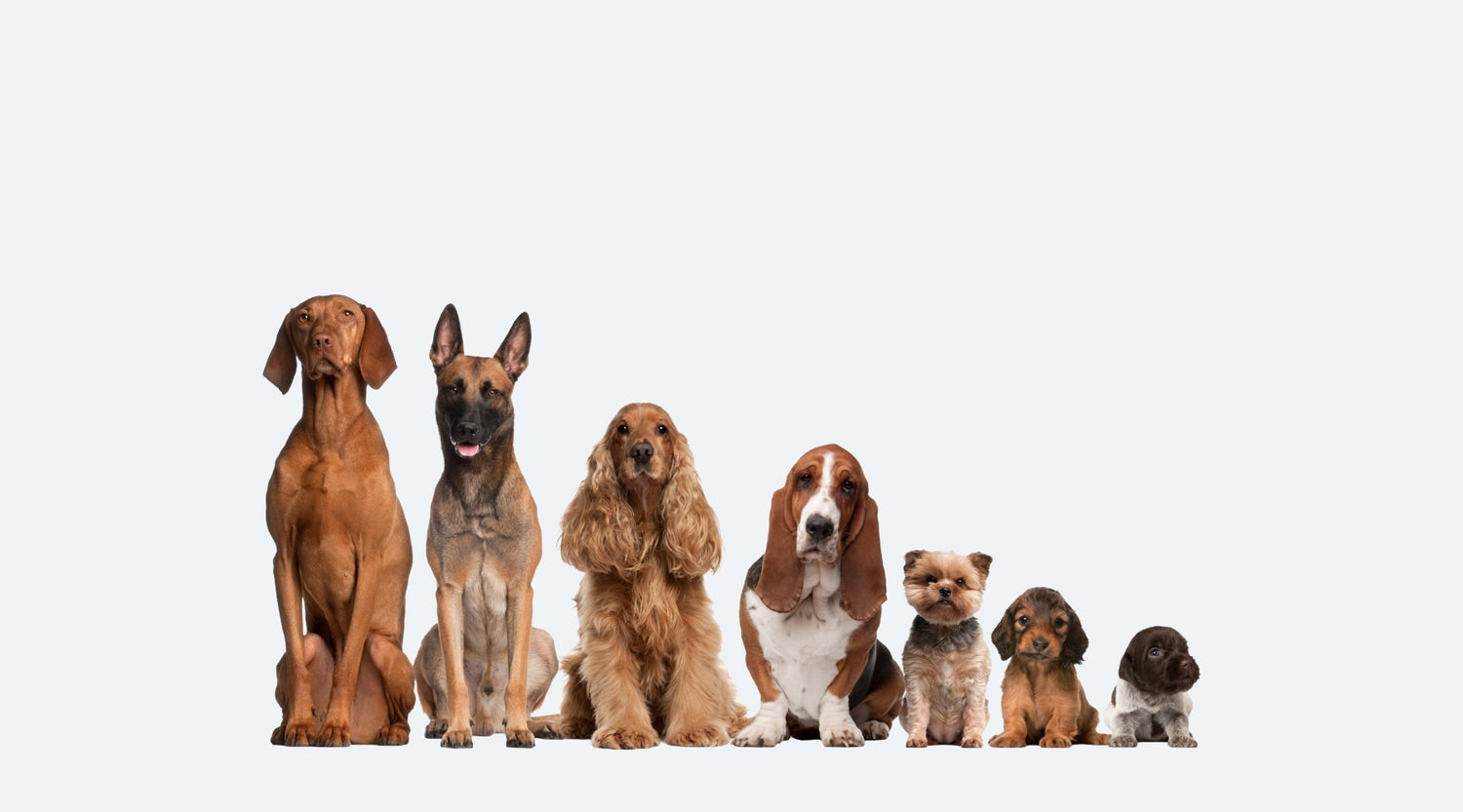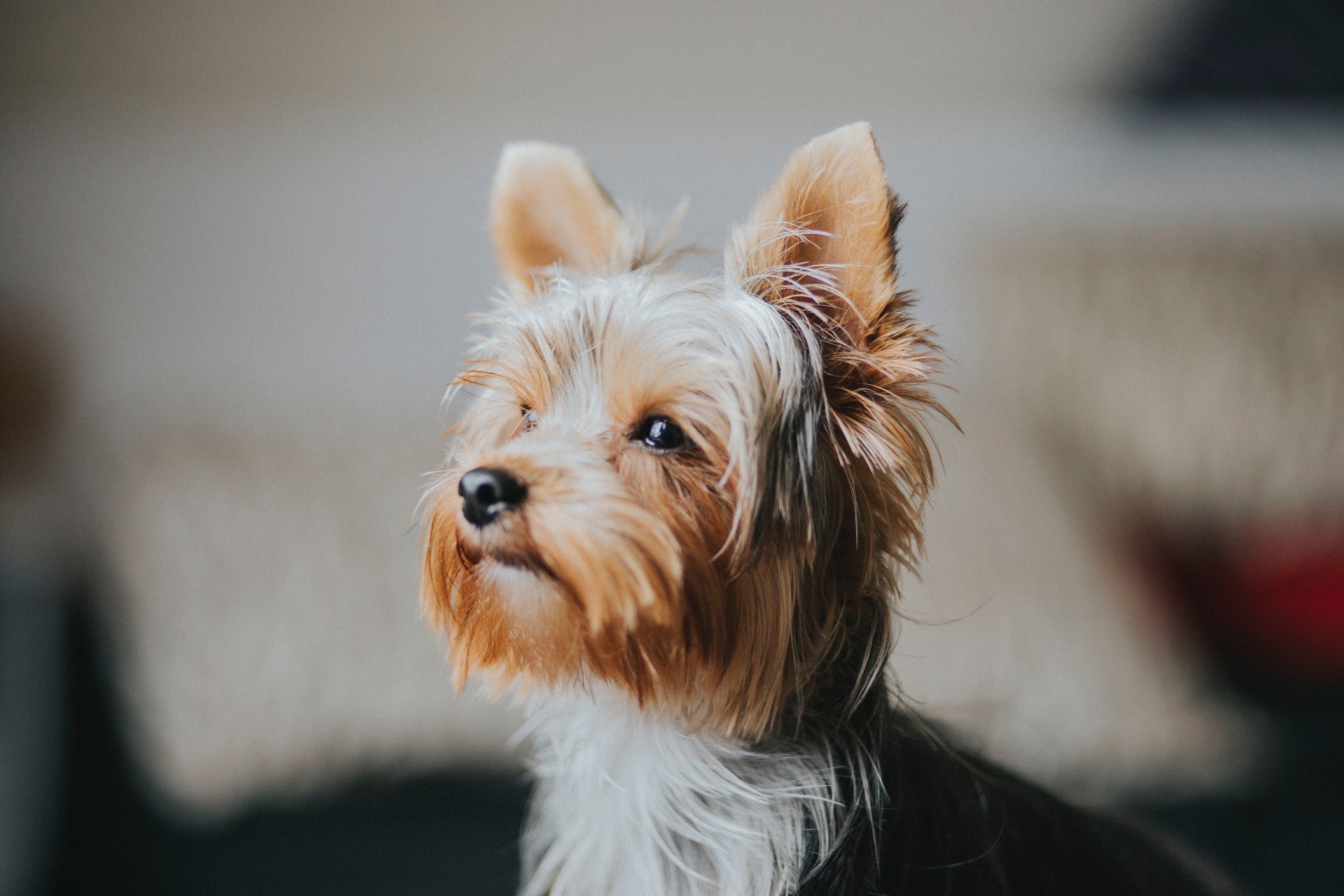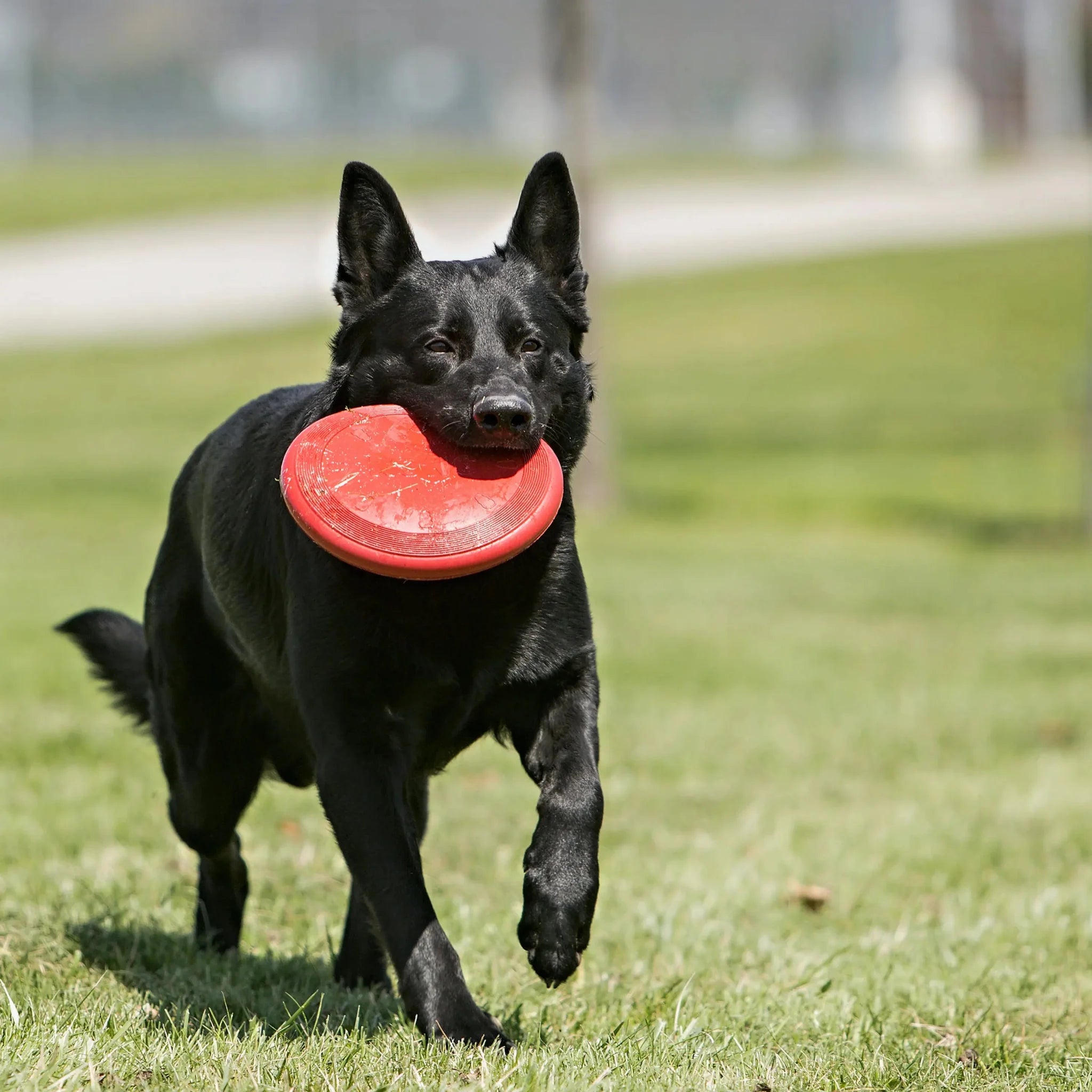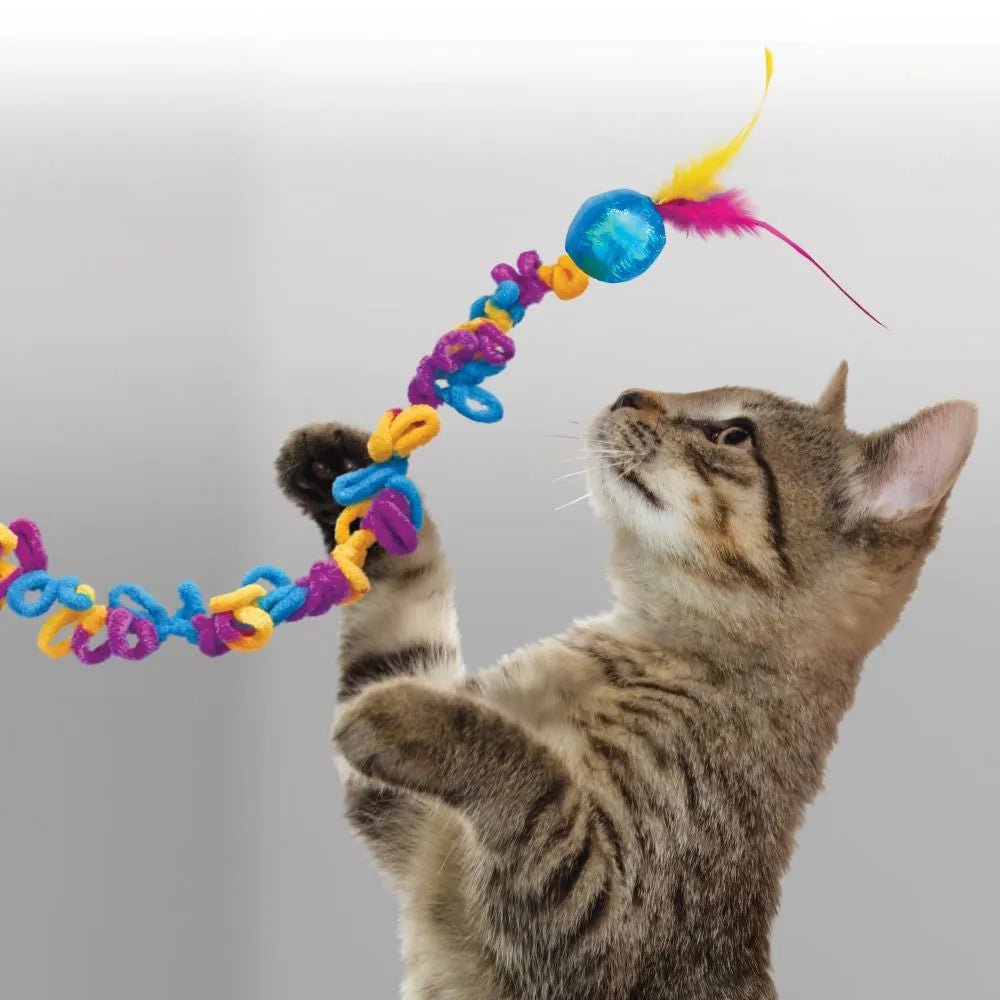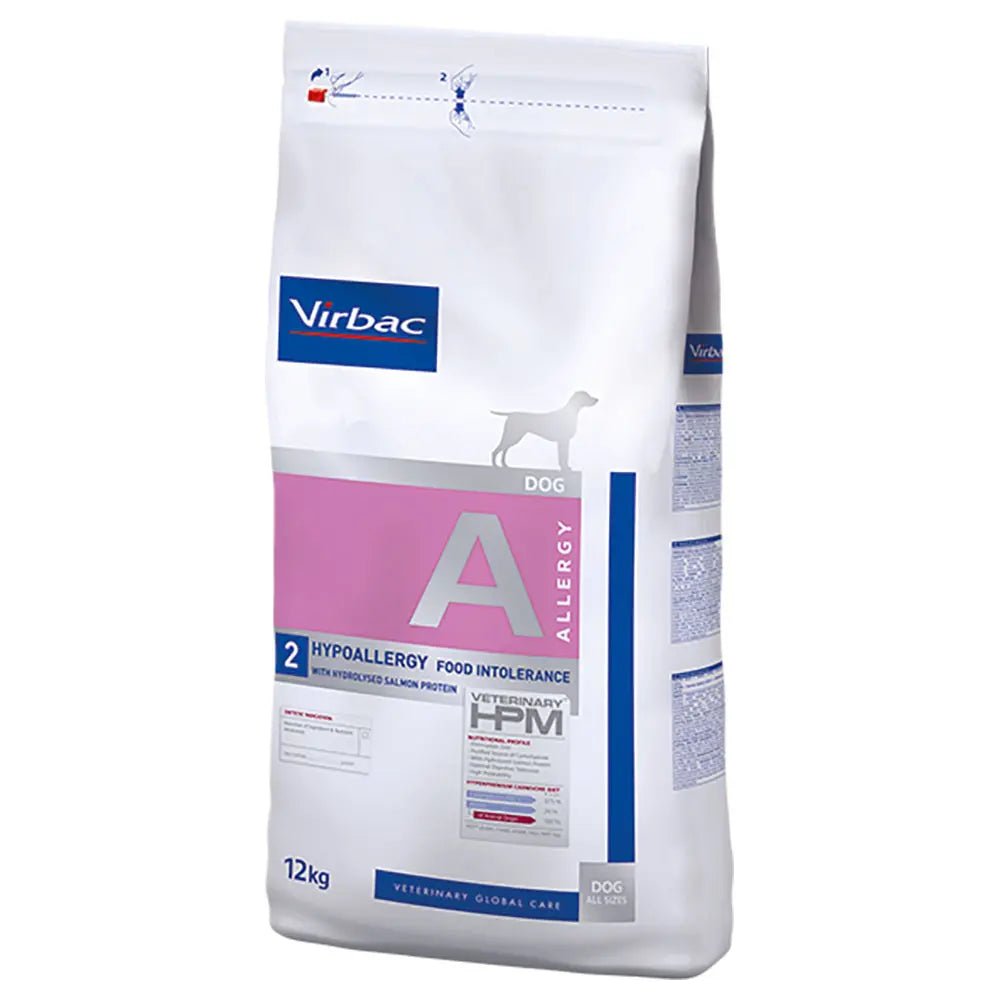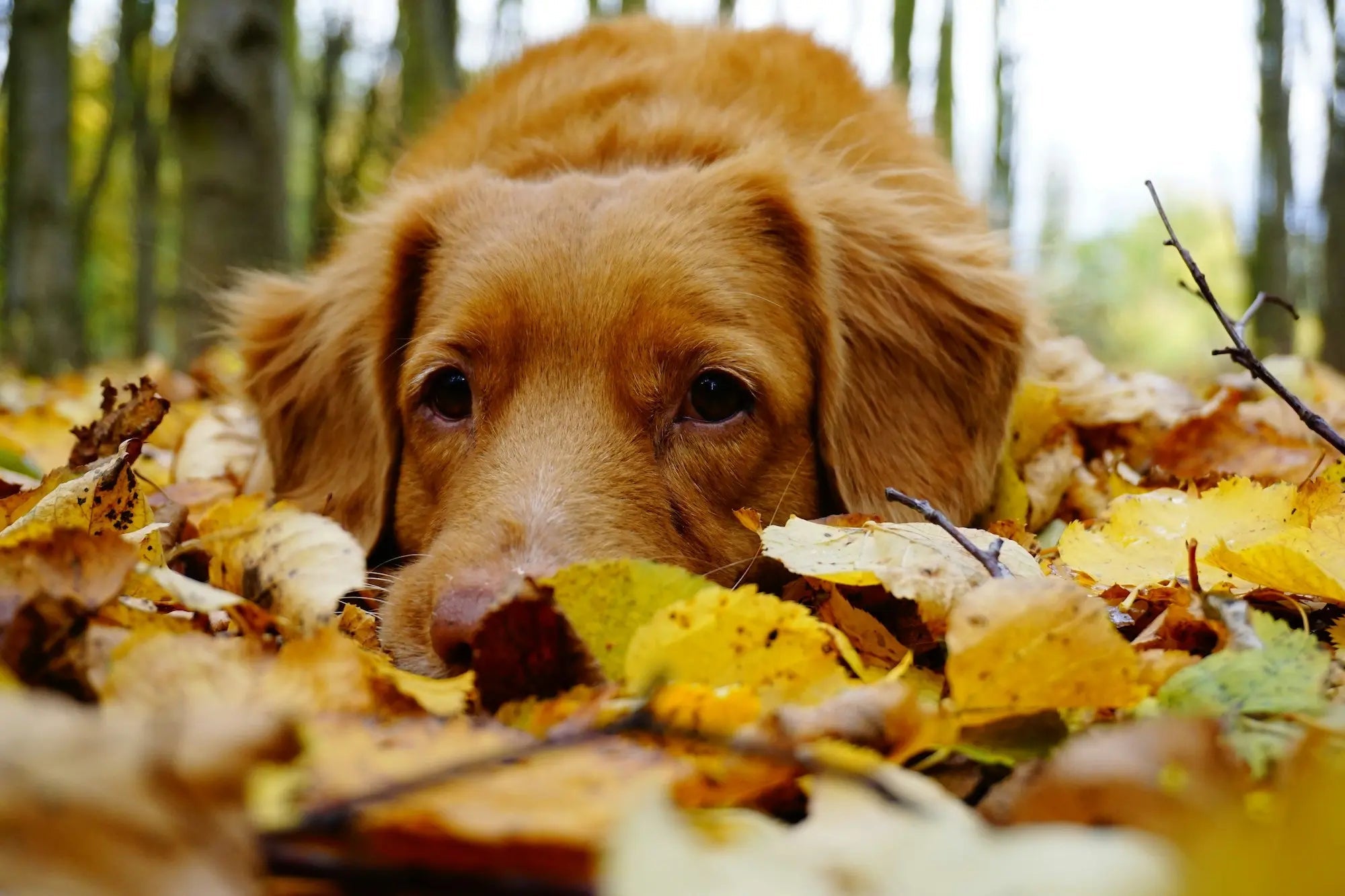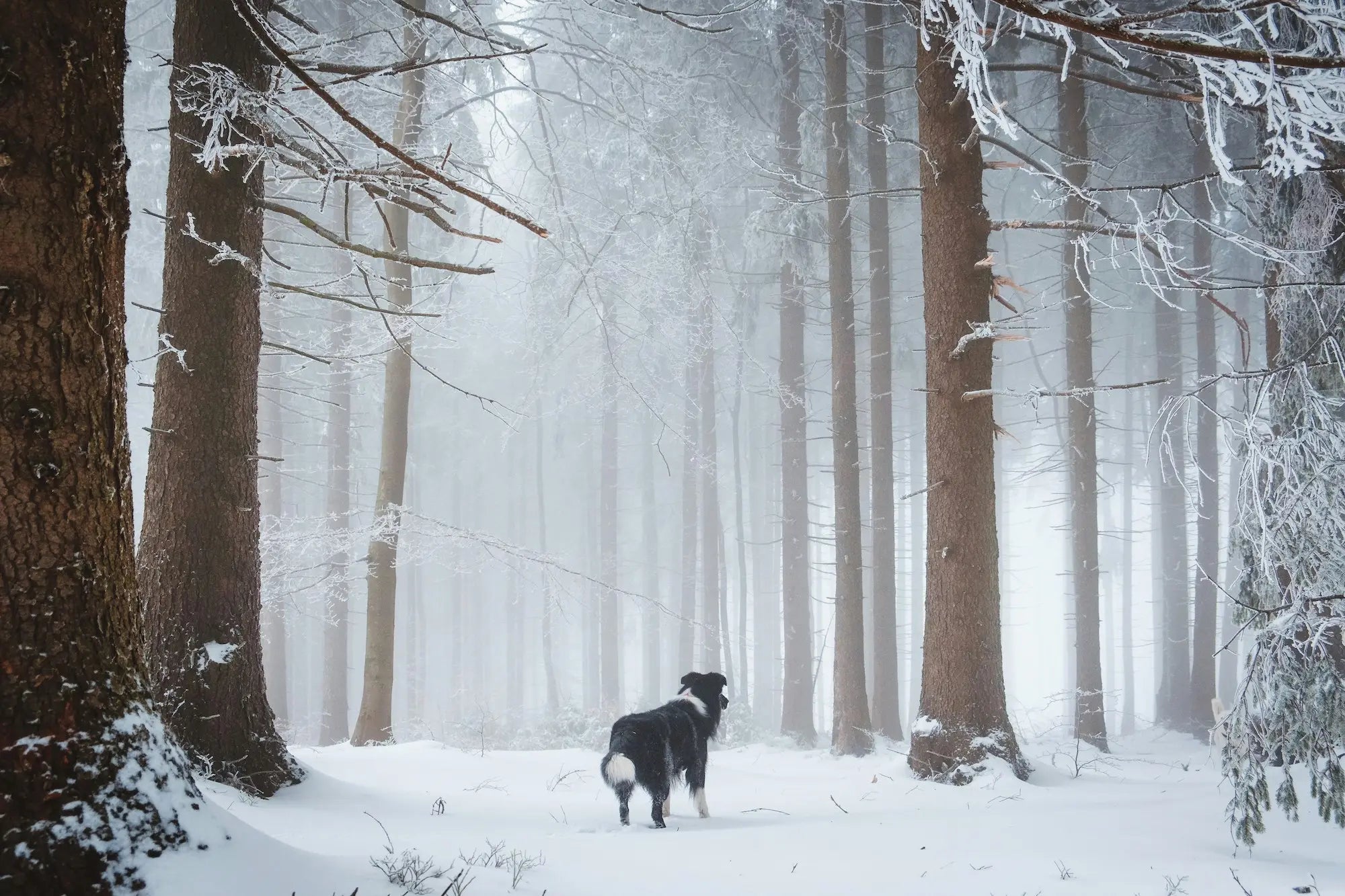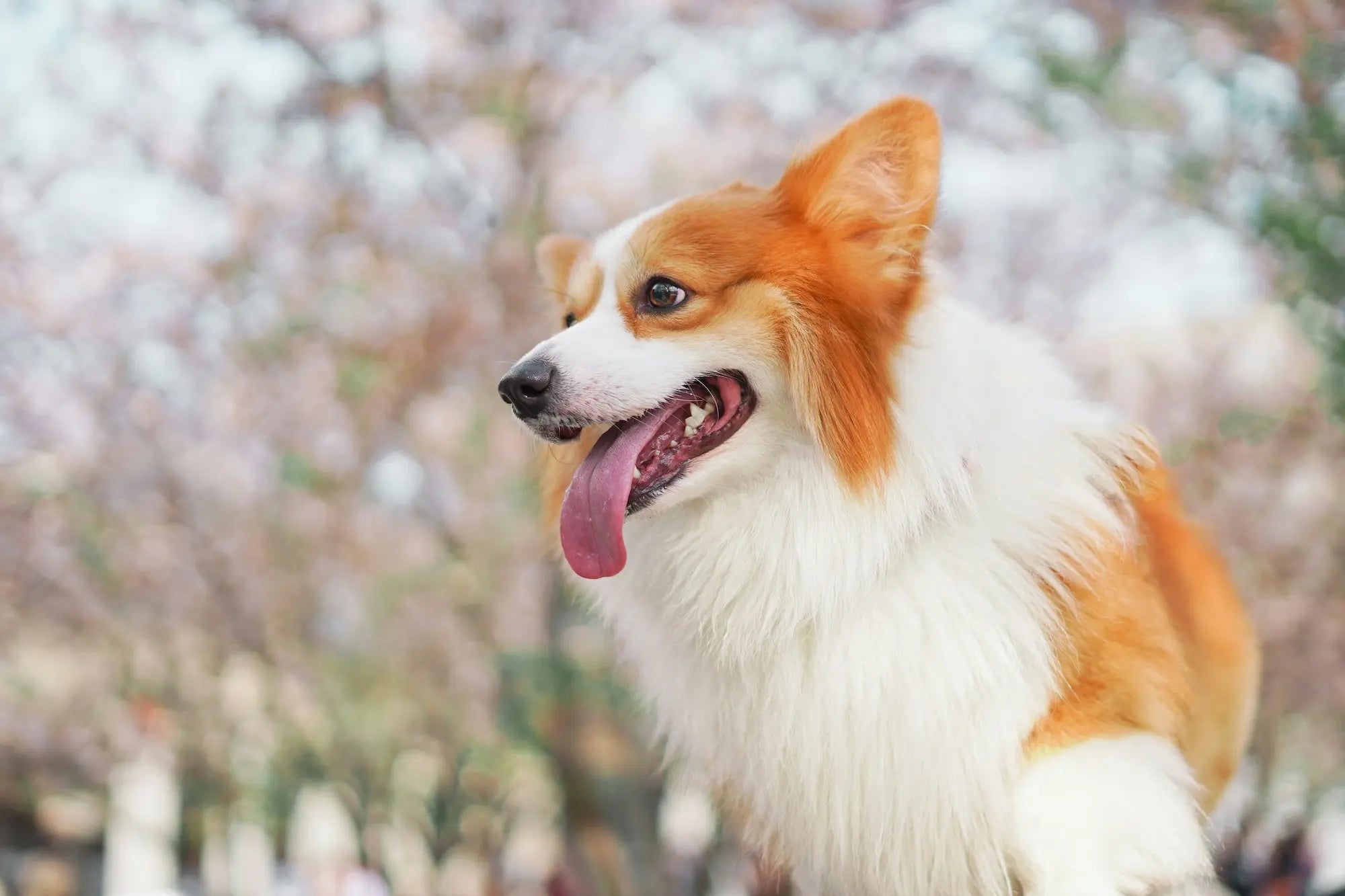The Yorkshire Terrier is a playful and social little terrier! It works perfectly both as a companion dog and at dog shows. Are you wondering if the Yorkshire Terrier is the right dog breed for you? We explain what characterizes its personality, activity level and health, as well as what you should think about in everyday life as a Yorkshire Terrier owner.
race facts

Family friendly

Activity level

Fur care

Training needs

Clearing

Size
Facts about the breed
Like many other terriers, the Yorkshire Terrier, or Yorkie as it is often called, is from England. The breed originated in the 19th century in the city of Yorkshire. It is not exactly documented what mix the Yorkshire Terrier consists of, but the Waterside Terrier, Paisley Terrier and Clydesdale Terrier are likely crosses. Yorkshire Terriers were deliberately bred to be small, and it is said that they were originally used to catch rats in the mine shafts. No wonder they are some tough little guys! Over time, they were also crossed with other dog breeds.
What can you expect as a Yorkshire Terrier owner?
Personality
Personality
The Yorkshire Terrier is a small dog with a lot of personality! Fast, social and playful, they are a great family dog. Their small size and eagerness to experience adventure also make them easy to take on trips. Personality-wise, most Yorkshire Terriers love attention and can be stubborn.
Activity level
Activity level
Yorkshire terriers are energetic and like other terriers, they can enjoy hunting small animals. They love attention and thrive best when they get to play and go for walks. Yorkshire terriers have a lot of energy and should be active for at least an hour a day, both physically and mentally, in addition to shorter walks in the morning and evening. Because they are small in size, they don't need a lot of space to have fun, and are therefore well suited to apartment living.
Training
Training
Although devoted to its own family, the Yorkshire Terrier can bark at strangers. Unfortunately, small dog breeds often get away with behaviors that are not acceptable for larger breeds. With plenty of socialization and positive reinforcement, you can avoid an antisocial and skeptical Yorkshire Terrier. Since the Yorkshire Terrier loves attention, training such as teaching it new tricks is a good way to stimulate its brain.
Health
Health
Weight and size
The small companion dog has a shoulder height of approximately 20 cm. Its weight should not exceed 3.2 kg, but there are some Yorkies that can weigh up to 5 kg.
Lifespan
13-16 years
Hereditary diseases
It is common for some dog breeds to be more prone to hereditary diseases than others, but the Yorkshire Terrier is considered an exceptionally healthy breed. However, it is not uncommon for Yorkshire Terrier puppies to have their puppy teeth extracted by a veterinarian as they do not always lose them on their own. They have relatively small jaws and can be prone to dental problems . Dry eyes and retinal diseases can also occur.
Fur
Fur
Yorkshire terriers are born black, but eventually develop a steel blue and golden brown coat. They do not shed, but are long-haired and require a lot of grooming. The coat hangs straight on both sides with a parting in the middle. Unless you plan to use them in shows, many choose to clip the dog's coat as it can go all the way down to the ground and quickly tangle. Most also use an elastic or buckle in the forehead hair so that food does not end up in the coat and so that they can see. The dog does not have an undercoat, so if it is very cold outside, it is a good idea to use paw socks and a blanket for these breeds.
Although no dog is allergy-free, the Yorkshire Terrier is considered a hypoallergenic breed. This may vary from person to person.
Food and nutrition
Food and nutrition
The Yorkshire Terrier eats well and usually does not have major problems with being overweight or underweight. As with other dogs, you should choose a dog food that is adapted to its health. Some people find that the Yorkshire Terrier has a sensitive stomach, but regular dog food adapted for small dog breeds usually works well.
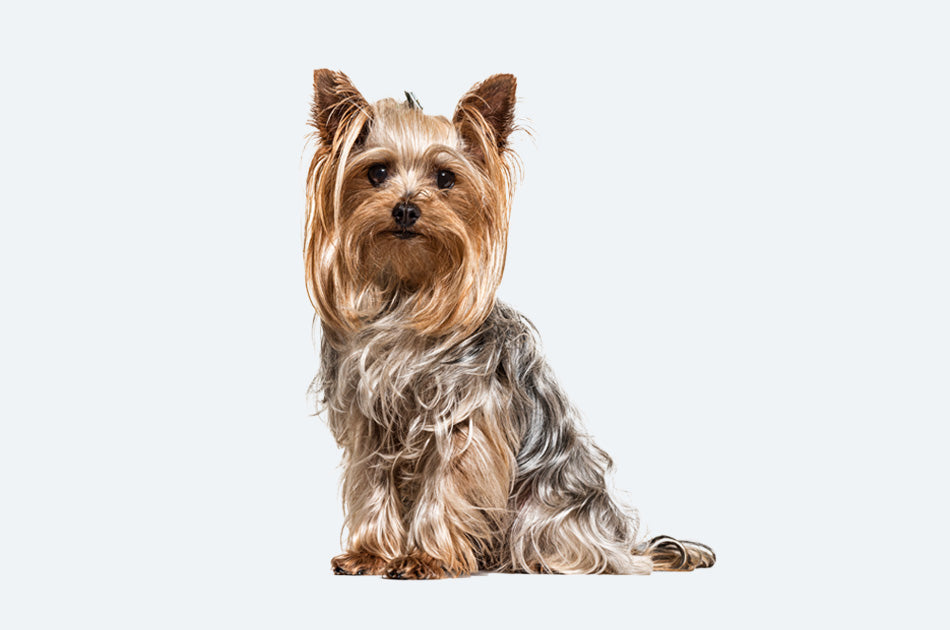
Yorkshire Terrier
If you want to become the owner of a Yorkshire Terrier, you should make sure to find a reputable breeder. How much a Yorkshire Terrier costs will vary, but you can expect a price for a Yorkshire Terrier to be around 22,000 - 26,000 kr.
It is important to choose a seller who provides you with information about how the dog was bred to ensure that you are not contributing to uncontrolled or illegal dog trade. Unfortunately, not everyone breeds properly and properly, which can lead to serious diseases in the puppies. Being well prepared and finding a reliable breeder is therefore in the best interest of both you and your dog.
